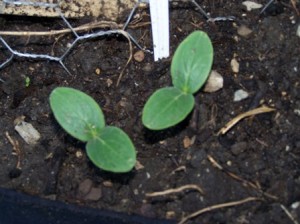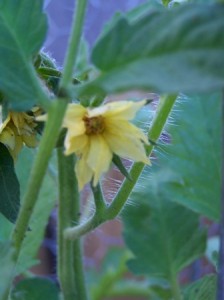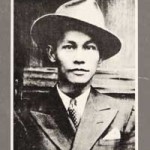Focusing on the light –
At a dinner gathering with Filipino American teachers last night, someone pointed out our community’s lack of representation in the national news – until something shocking happens. (I am paraphrasing the convo.) So, as a counter-balance, I’d like to share 3 things I love about my Filipino culture that make me happy. They may not make the national news, but they make a difference:
🌺 Filipino nurses. Everywhere in hospitals, every day carrying on the tradition of healers. Making America (and many other countries) healthier and helping heal wounds and illnesses.
🌺 Kapwa spirit. The spirit that people are in it together, that we help each other out, that life is not just about yourself but about all of us together. I see this especially in extended families, in the way people help with whatever little money they may have, help in childcare and child-raising, help relatives move, build up homes. I see this in community projects to help the poorest in the community afford wheelchairs, help for victims of typhoons, help empower girls with scholarships, belief, and confidence, help the hungry by providing food.
🌺 OFW’s. Overseas Filipino Workers: the Filipinos on working visas who contribute to the world’s computer industries, software development, medical field, domestic services, and hospitality industries. They sacrifice to send money back to their families, often at great personal risk, with tremendous work-ethic.
🌺 All right, a 4th: I don’t know the name for it but my friend Denise Nacu calls it “welcoming”. There’s a Filipino way of welcoming people at the door, at its best a kind of warmth. You know you’ll be fed, brought into the fold, accepted. Yes, we ask you to take your shoes off at the door – and then we feed you as we all make kuwento, share stories and bask in laughter and the joy of togetherness (pakikisama).
– Mary Grace



